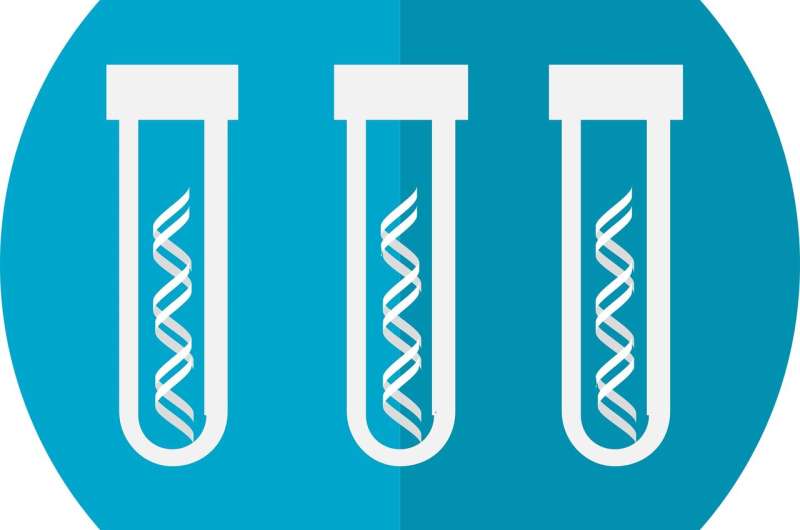Understanding the Rise of DNA Testing by Australian Health Insurers

Australian health insurers are now providing DNA tests to predict individual responses to medications, raising important questions about data security, ethical use, and future health screening. Learn what you need to know about this emerging trend.
In Australia, leading health insurers such as Bupa and Medibank are now offering genetic testing services designed to predict how individuals might respond to certain medications. These pharmacogenomic tests analyze genetic markers to provide personalized insights into drug efficacy, optimal dosages, and potential risk of side effects. For example, Bupa plans to send out 10,000 free testing kits that include a simple cheek swab, covering responses to over 100 medications, including antidepressants, pain relievers, and treatments for cholesterol and heart health. Test results are forwarded to your general practitioner (GP), but unless the GP offers bulk billing, patients will need to cover consultation fees to discuss the results. Medibank's approach, launched earlier this year, offers partial coverage for tests ordered by clinicians for specific medical reasons, whereas Bupa's initiative promotes broader access by providing tests to many individuals regardless of immediate clinical needs.
However, the expansion of pharmacogenomic testing raises questions about data security, privacy, and ethical considerations. Concerns persist over where genetic data is stored and how it is used, especially in light of recent data breaches in genetic testing companies like 23andMe. Despite reassurances that insurer data will not be shared or affect insurance premiums, discussions continue about potential genetic discrimination. Australia’s government is also considering legislation to prohibit discrimination based on genetic information in life insurance.
While Medicare currently covers certain pharmacogenomic tests for specific conditions—such as testing for genetic variants linked to adverse reactions to drugs like abacavir—the wider implementation of population-based genetic screening remains under debate. The royal college of Pathologists advocates for expanded testing in targeted populations, but broad, routine genetic testing poses challenges related to interpretation, diversity, equity, and cost-effectiveness.
In the broader context, Australia has launched initiatives like Genomics Australia and is consulting on a national health genomics policy framework. These efforts aim to integrate genetic testing into routine health care, but experts question whether the health system and healthcare providers are prepared for this genomic revolution. Issues such as data management, result interpretation, equitable access across diverse populations, and ethical implications will need careful consideration.
As genomic technologies continue to evolve and commercial entities promote direct-to-consumer testing, governmental investment and policy development are crucial to ensure that population-wide pharmacogenomic testing is conducted responsibly and benefits public health. Thorough research and policy frameworks are essential for responsible integration of DNA testing into future health screening programs.
Stay Updated with Mia's Feed
Get the latest health & wellness insights delivered straight to your inbox.
Related Articles
Millions Face Loss of Healthcare Coverage Due to Stringent Reenrollment Policies on HealthCare.gov
A new study highlights how burdensome reenrollment policies on HealthCare.gov are leading to significant coverage loss among millions of Americans, risking increased uninsured rates.
FDA Issues Safety Warnings on Boston Scientific Heart Devices Linked to Injuries and Fatalities
The FDA has issued safety warnings on Boston Scientific heart devices, alerting healthcare providers and patients about risks of device failure, injuries, and deaths associated with defibrillator wires and the Watchman stroke prevention device.
'Fairy rings' in yards indicate presence of poisonous white mushrooms
Fairy rings in lawns often contain toxic white mushrooms called false parasols, which can pose health risks. Learn how to identify and safely manage these fungi.
New Insights into Tooth Nerves: Beyond Pain Detection, They Protect Teeth
New research uncovers that tooth nerves are not just pain detectors but active protectors, initiating rapid jaw reflexes to prevent damage. Learn how these mechanisms safeguard our teeth and their implications for dental health.



